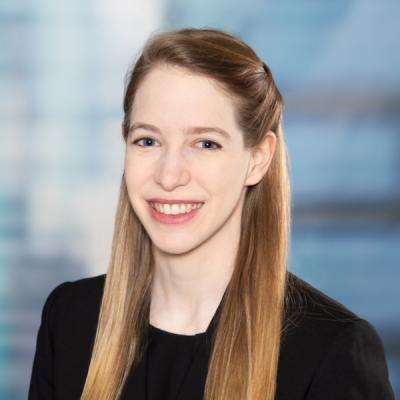Judge Rakoff Highlights the Financial Risk to Objectors of Class Settlements
On August 15, 2018, Judge Jed S. Rakoff of the U.S. District Court for the Southern District of New York awarded an objector to the Petrobras class settlement nearly $12,000 in attorneys’ fees (click here for the Order). The objector had asked the Court for almost $200,000 to cover 231.7 hours of legal work. Approximately one month later, Judge Rakoff sanctioned another objector to the Petrobras class settlement (click here for the Order). In the September Order, Judge Rakoff issued a grave warning to future objectors and reminded counsel that it is the Court’s duty to “safeguard the ability of objectors to protect class members from abusive settlements while in turn protect[] class members from being abused by the objectors themselves.”
The Petrobras class action arose out of alleged securities fraud committed by the Brazilian oil conglomerate accused of bribery (see below for links to our prior Viewpoints on the Petrobras securities litigation). The initial complaint was filed in federal court in New York in December 2014. After years of litigation, the court approved a $3 billion settlement in June 2018. There were several objectors.
In granting one objector an award of attorneys’ fees, to be taken out of class counsel’s fee award, Judge Rakoff quoted the Second Circuit's White v. Auerbach decision, stating:
[I]t is well settled that objectors have a valuable and important role to perform in preventing collusive or otherwise unfavorable settlements, and that . . . they are entitled to an allowance as compensation for attorneys’ fees and expenses where a proper showing has been made that the settlement was improved as a result of their efforts.
Judge Rakoff continued that attorneys’ fees are appropriate only if the party seeking fees was a “substantial cause of the benefit obtained.” Here, he found the objector’s argument that class counsel’s “expenditures on Brazilian attorneys should be classified as costs rather than attorneys’ fees” directly led to the reduction of class counsel’s recovery by $46 million. The objector asked for nearly $200,000 in attorneys’ fees, 1.7 times the lodestar amount (based on 231.7 hours of legal work). However, only one of the objector’s arguments, constituting 1.5 pages of the 25-page brief, aided the judge and the class. Thus, Judge Rakoff awarded the objector approximately $11,000 or 10% of the lodestar.
One month later, Judge Rakoff sanctioned a “frivolous” objector to the class settlement in the amount of $10,000 upon finding the objection was made in bad faith and without merit. The Court criticized the objector’s “kitchen-sink brief,” which challenged the settlement in more than a dozen ways, “none of which had the slightest merit.” However, Judge Rakoff did note the “high burden” for awarding sanctions, demonstrated by his refusal to award sanctions to a third objector, who complied with the Court’s orders and whose brief was “lacking in merit and unsupported by case law” but not “frivolous.” In this opinion, Judge Rakoff painted a negative picture of some class settlement objectors, one in which “some objectors seek to pervert the process by filing frivolous objections and appeals” for the purpose “of extorting personal payments in exchange for voluntarily dismissing their appeals,” something he refers to as “objector blackmail.” Notably, Judge Rakoff writes that a pending amendment to the Federal Rules of Civil Procedure, which will require court approval for payment or consideration given in exchange of the withdrawal of an objection, may curb this practice.
Although Judge Rakoff’s September Order also noted the “useful” and “important role” objectors may play in protecting class interests, his Petrobras opinions may have a deterrent effect on objectors. When the upside to an objector is a fraction of the fees spent on an objection-brief and the downside is public humiliation and monetary sanctions, one wonders whether these opinions will decrease the number of objectors to class action settlements.
Authors
Joel D. Rothman
Special Counsel
Ellen Shapiro
Member
Kevin C. Mortimer
Associate




